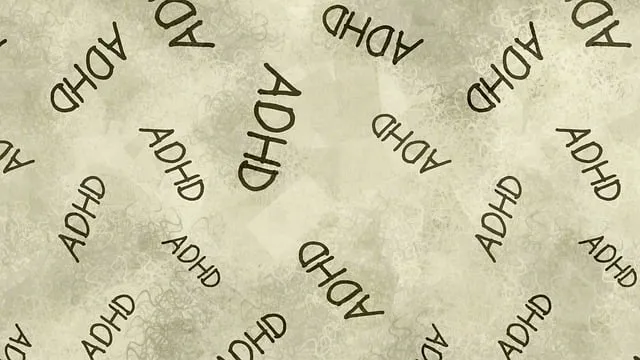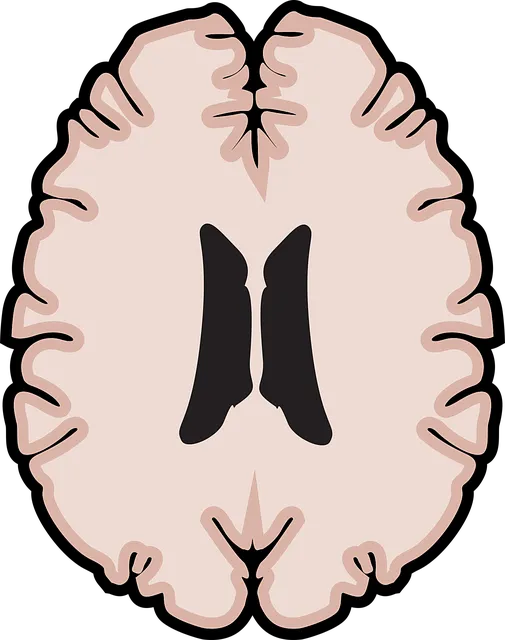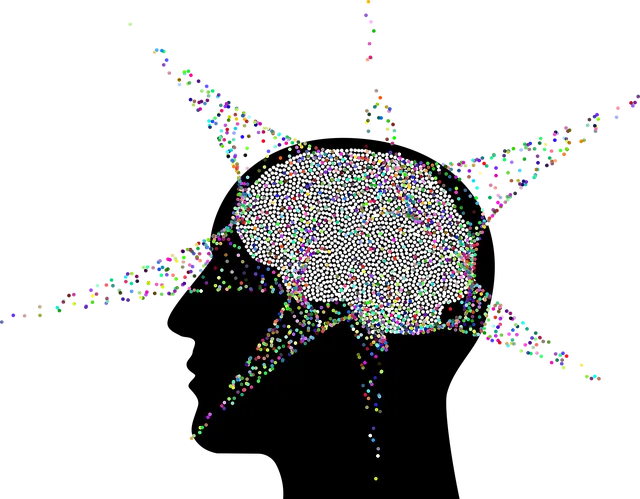Wheat Ridge Kaiser Permanente mental health services embrace the Recovery-Focused Model (RFM) to enhance resilience, reduce stigma, and promote personal growth. Their evidence-based approach includes individual therapy, group support, and a Community Outreach Program tailored to diverse needs. Programs blend physical and mental strategies like mindfulness practices, exercise, yoga, and Trauma Support Services to improve emotional regulation and overall well-being. Integrating RFM tools into daily routines, as supported by Wheat Ridge Kaiser Permanente's mental health services number, significantly enhances mental health outcomes.
“Resilience is a powerful tool in navigating life’s challenges. The RFM (Resilience, Flexibility, and Mastery) framework offers a structured approach to building this strength. This article explores the significance of RFM in resilience building, focusing on its application within Wheat Ridge Kaiser Permanente’s mental health services, which have seen notable success with this model. We’ll delve into effective exercises and strategies for integrating RFM into daily life, highlighting the key role it plays in enhancing well-being, as evidenced by the growing number of individuals seeking Wheat Ridge Kaiser Permanente mental health support.”
- Understanding RFM and its Role in Resilience Building
- Wheat Ridge Kaiser Permanente Mental Health Services: An Overview
- Effective Exercises to Fortify Resilience
- Integrating RFM into Daily Routines for Long-Lasting Impact
Understanding RFM and its Role in Resilience Building

Resilience is a vital asset when navigating life’s challenges and Wheat Ridge Kaiser Permanente mental health services play a crucial role in fostering this strength. RFM, or Recovery-Focused Model, is an evidence-based approach that has gained prominence in mental healthcare practice. This model centers around empowering individuals to recover from mental illness by focusing on their unique strengths and resources.
By utilizing RFM, Wheat Ridge Kaiser Permanente’s mental health services aim to reduce the stigma associated with mental illness while promoting cultural sensitivity. This approach encourages clients to view recovery as a journey of growth and self-discovery, emphasizing their ability to overcome adversity. Through various exercises designed to strengthen resilience, individuals can develop coping strategies that prevent depression and promote overall well-being.
Wheat Ridge Kaiser Permanente Mental Health Services: An Overview

Wheat Ridge Kaiser Permanente Mental Health Services stands as a beacon of hope and support for individuals navigating mental health challenges. This facility offers a comprehensive range of services tailored to meet diverse needs, from individual therapy sessions to group support programs. With a dedicated team of professionals, they provide evidence-based treatments designed to enhance well-being and build resilience.
The center’s approach focuses on not just treating symptoms but also fostering self-esteem improvement and confidence boosting through various initiatives, including a robust Community Outreach Program Implementation. By engaging with the local community, they aim to create an environment that promotes mental health awareness and accessibility, ensuring individuals feel empowered to take charge of their emotional well-being.
Effective Exercises to Fortify Resilience

Resilience is a vital component of mental well-being, and building it can significantly enhance one’s ability to navigate life’s challenges. At Wheat Ridge Kaiser Permanente, our mental health services offer a range of exercises designed to strengthen resilience, focusing on both physical and mental dimensions. These exercises are not just about coping mechanisms but also fostering a sense of agency and self-efficacy in individuals.
One effective approach is incorporating mindfulness practices, such as meditation and deep breathing techniques, which have been proven to reduce stress levels and improve emotional regulation. Additionally, engaging in regular physical activity releases endorphins, promoting a positive mindset and enhancing overall resilience. Our Crisis Intervention Guidance programs often include activities like yoga or nature walks, combining mental focus with movement to support individuals in cultivating resilience and recovering from traumatic experiences, drawing upon the principles of Mind Over Matter. These holistic practices are complemented by Trauma Support Services, ensuring comprehensive care tailored to each individual’s unique needs.
Integrating RFM into Daily Routines for Long-Lasting Impact

Integrating RFM (Resilience, Flexibility, and Mindfulness) into daily routines can significantly enhance mental health and overall well-being. This approach, backed by Wheat Ridge Kaiser Permanente’s mental health services number, offers a proactive strategy for individuals seeking long-lasting impact. By dedicating just a few minutes each day to exercises that foster resilience, one can develop a stronger mindset, improving their ability to navigate life’s challenges with grace and adaptability.
The beauty of RFM lies in its accessibility; these practices don’t require special equipment or even a dedicated space. Simple techniques such as mindful breathing, body scans, and positive affirmations can be incorporated into morning routines or moments of calm throughout the day. Healthcare providers, like those at Wheat Ridge Kaiser Permanente, emphasize the importance of mental health awareness and often recommend such tools as part of comprehensive patient care, including cultural competency training to address diverse needs effectively.
Resilience is a powerful tool for navigating life’s challenges, and the RFM (Recovery, Flexibility, and Mastery) model offers a structured approach to building this strength. As demonstrated by Wheat Ridge Kaiser Permanente Mental Health Services, integrating RFM into daily routines can significantly enhance well-being. By understanding one’s RFM levels and employing effective exercises, individuals can improve their mental health and cope more effectively with stress. With consistent practice, these resilience-building techniques have the potential to transform lives, empowering folks to thrive in a complex world.






